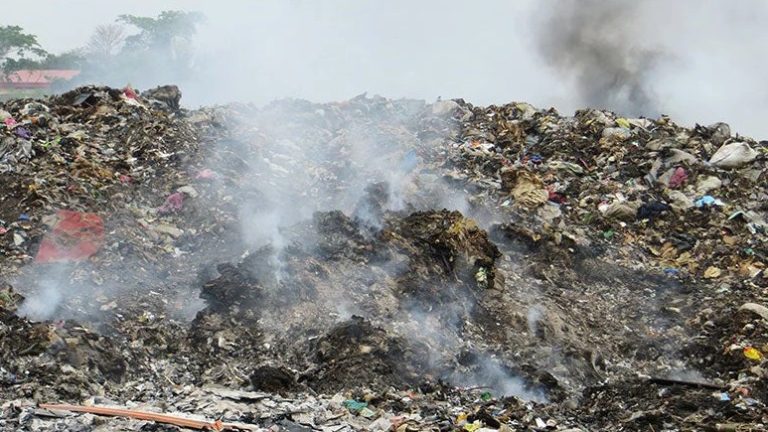The Climate and Sustainable Development Network (CSDevNet), a coalition of civil society organizations, has empowered 50 women with skills in sustainable plastic and organic waste management.
The initiative was implemented through the Composting and Organic Waste Management Project designed to strengthen agroecology and climate action.
Mr Paul Joseph, CSDevNet Programme Officer, disclosed this on Thursday at the launch of the Tukpechi Women Lead Climate Action through Composting and Agroecology initiative in Abuja.
“This initiative will strengthen women’s role in climate solutions by transforming organic waste into a resource for soil restoration and sustainable farming,” he said.
Joseph noted that more than 60 per cent of municipal waste in Nigeria is organic, yet most of it is indiscriminately dumped, posing risks to the environment.
He emphasized that adopting locally driven organic waste management practices would boost crop productivity and help safeguard community biodiversity.
He encouraged participants to turn the new skills into viable livelihoods that showcase community ingenuity and can be replicated in neighboring areas as low-cost, sustainable solutions.
“Through the GUARD Plus Africa Project and the Tukpechi Women’s Association, CSDevNet is strengthening community resilience in Kuje Area Council,” Joseph added, noting that the pilot project aims to empower Tukpechi women to lead community composting and organic waste management systems.
The News Agency of Nigeria (NAN) reports that the CSDevNet team conducted a hands-on session where participants learned how to sort organic waste, build compost pits, use sacks for small-scale composting, and raise earthworms for vermicomposting. Tools such as compost bins, gloves and sorting bags were distributed to support the women.
Responding, the Community Chief, Mr Habilla Zine, said Tukpechi women play a central role in household farming and food production but often lack access to climate-smart tools and techniques.
He said this gap had made it difficult for them to preserve soil fertility and cope with increasingly unpredictable weather patterns.
Zine added that the training came at a crucial time in the harvest season when crop residues are abundant and can be converted into organic fertilizer. He said the new skills would enable women to produce their own soil enhancers instead of relying on costly chemical fertilizers.
Similarly, Mrs Dorcas Isaac, a farmer in Tukpechi, shared how rising fertilizer prices in 2025 forced her to reduce her farm size. She said many women farmers were struggling as fertilizer costs continued to consume a large share of their seasonal income.
She commended the composting and organic waste management training, describing it as an eye-opener.


